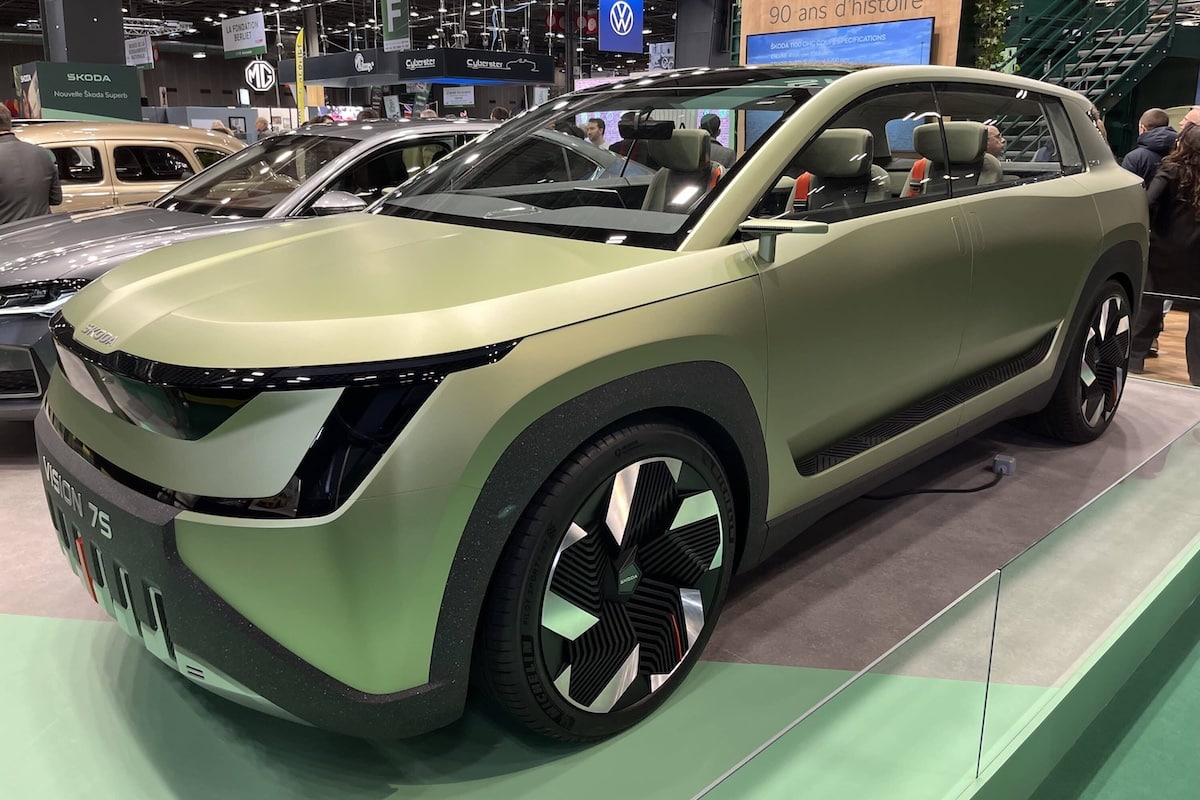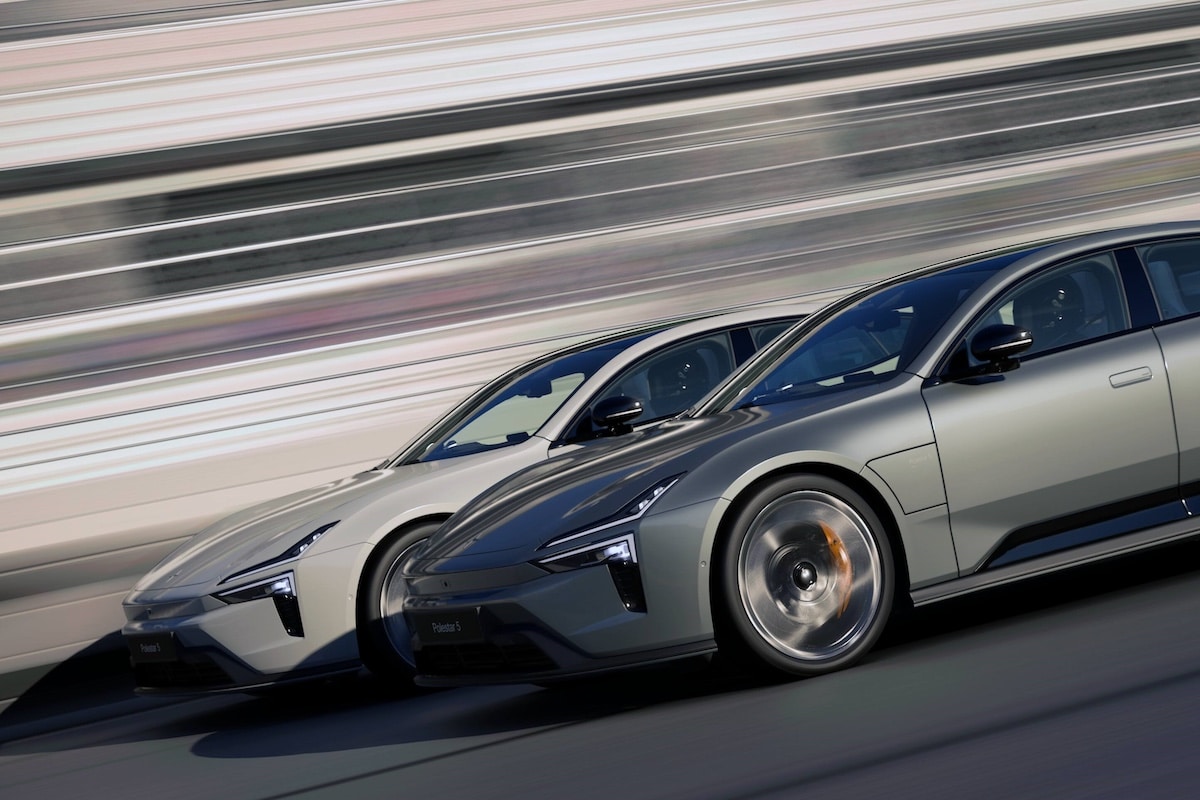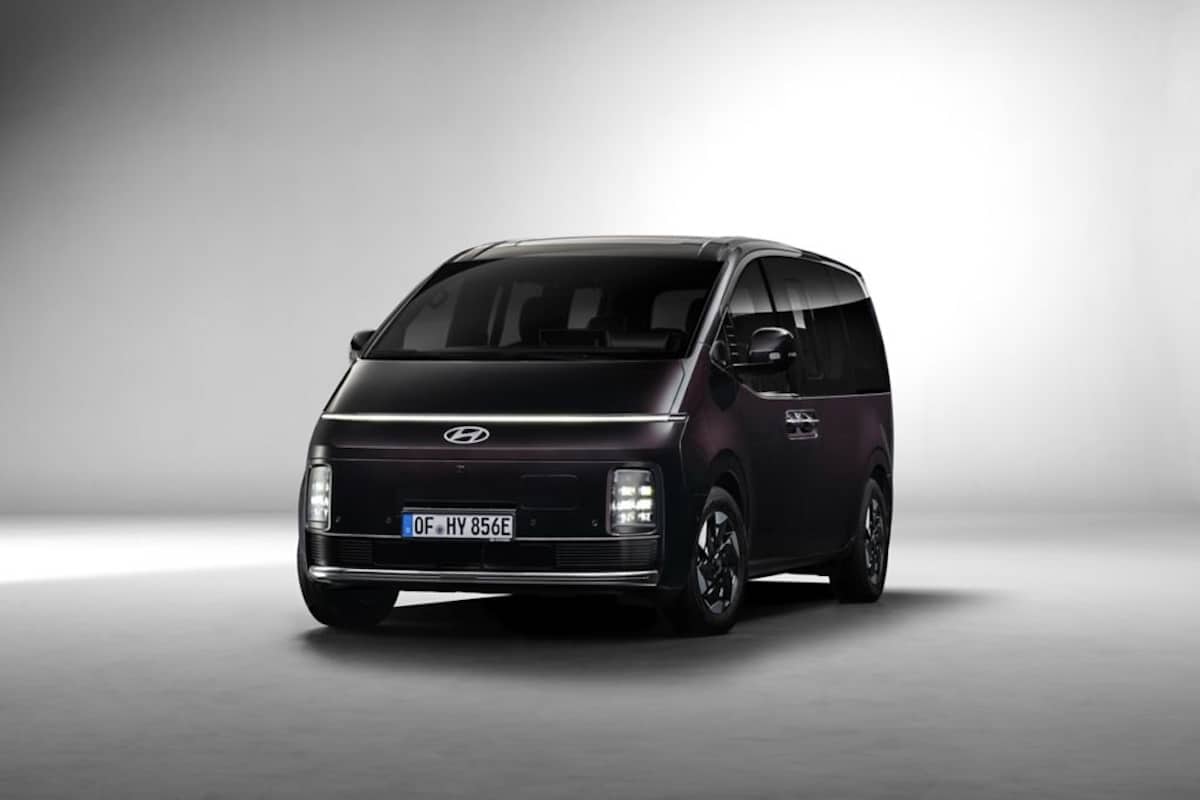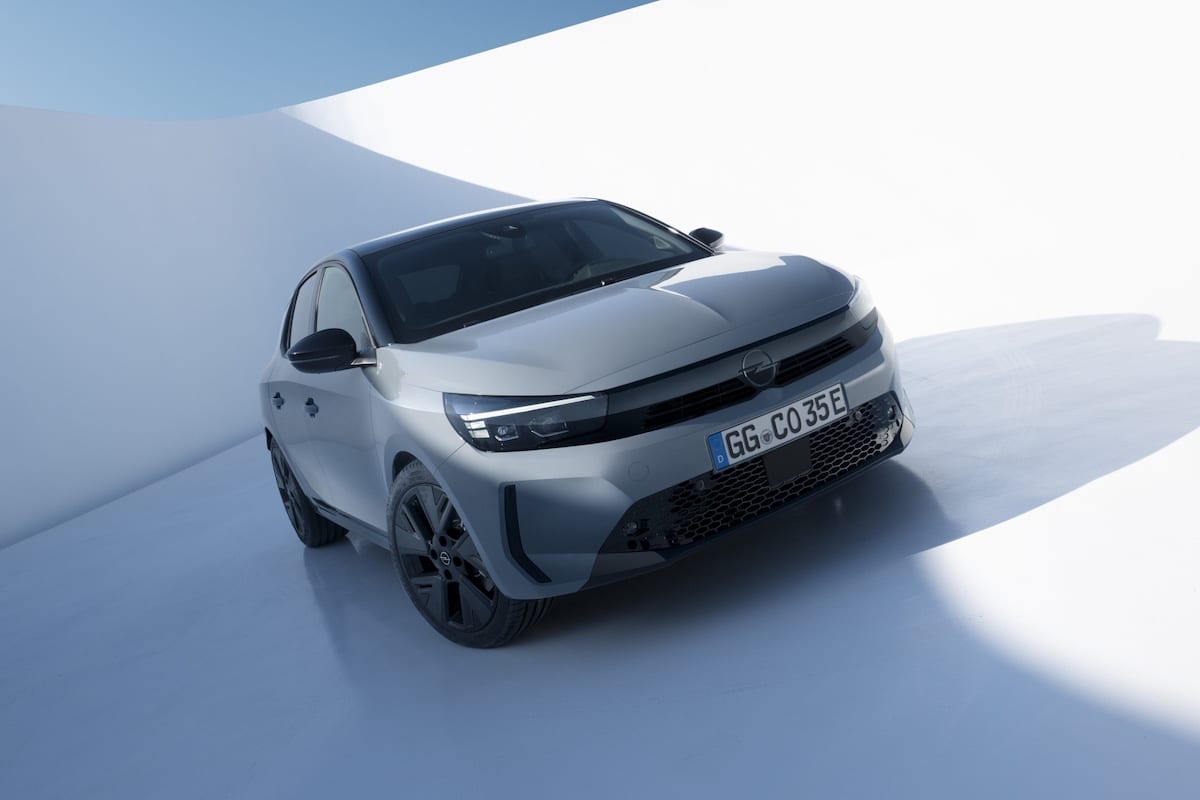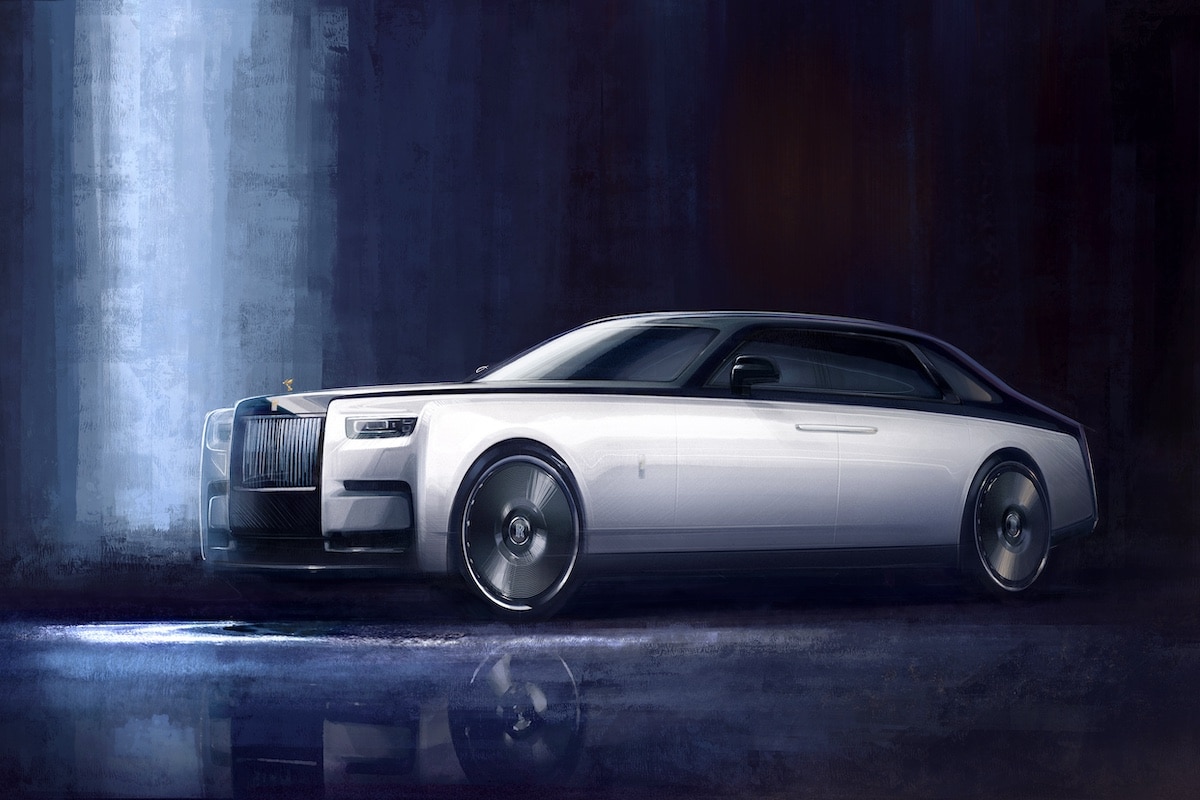Is a large electric SUV stupid?
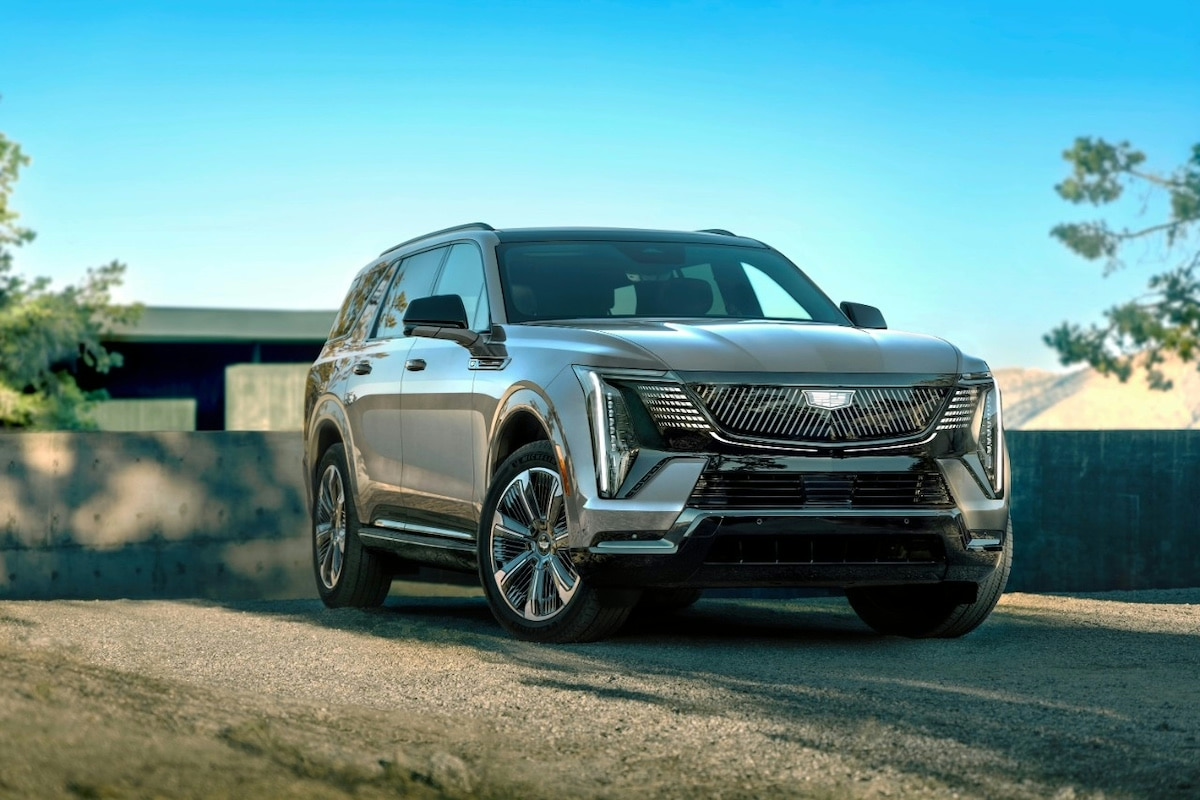
If all-electric vehicles no longer seem like the ultimate solution, plug-in hybrid SUVs present themselves as an ideal option for the current market.
Plug-in hybrid SUVs (PHEV) are increasingly appearing as a relevant response to consumer needs, according to recent studies. Nearly one-third of potential SUV buyers state they are interested in this technology, which in many cases is preferred over 100% electric models.
While some manufacturers focus on large, often expensive and heavy electric SUVs that are less versatile, sales of these models struggle to convince. This highlights a growing disconnect between supply and the actual expectations of buyers, who seek vehicles combining flexibility, range, and affordability.
PHEV SUVs stand out with their double advantage: sufficient electric range for daily commuting, coupled with an internal combustion engine capable of meeting the needs of long trips or heavier loads. Isn’t that the reason we’re buying this type of vehicle? This rechargeable hybrid architecture helps reduce fuel consumption and emissions while eliminating the constraints associated with fast charging or limited electrical infrastructure.
A bit of common sense!
Market studies confirm a marked preference for these hybrid models among medium to large SUV buyers. This segment seems to represent the perfect compromise between consumer expectations and economic constraints. Unlike some of the more imposing electric SUVs, often priced near or above six figures, PHEVs offer a more accessible alternative suited to a diverse clientele.
The growing interest in these hybrid vehicles could encourage more automakers to reassess their strategies, focusing on more practical and affordable models. PHEV SUVs are particularly relevant in markets where charging infrastructure remains limited, offering an ideal transition toward electrification without sacrificing range or practicality.
In conclusion, rechargeable hybridization is probably the architecture best suited to meet the diverse needs of SUV consumers. It combines the best of both worlds: electric for daily trips and thermal reliability for long distances, while remaining financially competitive.
This page is translated from the original post "Est-ce qu’un grand SUV électrique est stupide ?" in French.
We also suggestthese articles:
Also read
